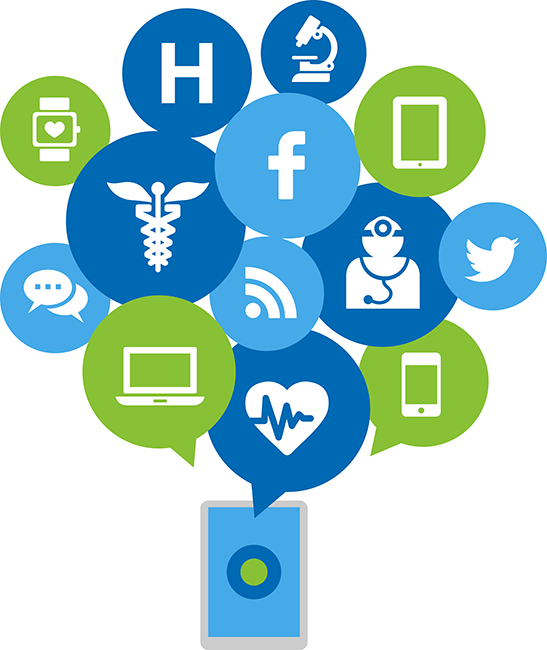
1 in 10 Americans suffer from a rare disease, and half of these patients are children, according to the Global Genes Project. There are some 7,000 known rare disorders ranging from benign abnormalities to life-threatening disease. Many affected children pass away before a diagnosis can be made, leaving families to grieve without knowing what might have been done to help them, or how to avoid additional brothers or sisters being affected.
To help tackle this problem, IBM and Boston Children’s Hospital is teaming up to leverage IBM’s Watson cognitive platform to help clinicians identify possible options for the diagnosis and treatment of rare pediatric diseases. Currently at Boston Children’s, investigators at The Manton Center for Orphan Disease Research are focused on diagnosing children with a wide variety of rare genetic conditions. While strides have been made, the interpretation of sequencing results can be a labor-intensive process, presenting an overload of information whose analysis may not always yield a definitive causative variant.
Partnership Details
As part of the new partnership, IBM Watson will be trained in nephrology by reading related medical literature and aggregating information on causative mutations for steroid-resistant nephrotic syndrome (SRNS), a rare genetic form of kidney disease. Then, experts at Boston Children’s Hospital intend to feed genomic sequencing data from retrospective patients into Watson to further train the system. The goal is to create a cognitive system that can help clinicians interpret a child’s genome sequencing data, compare this with medical literature and quickly identify anomalies that may be responsible for the unexplained symptoms.
“Coping with an undiagnosed illness is a tremendous challenge for many of the children and families we see,” said Christopher Walsh, MD, PhD, director of theDivision of Genetics and Genomics at Boston Children’s Hospital in an official statement. “Watson can help us ensure we’ve left no stone unturned in our search to diagnose and cure these rare diseases so we can uncover all relevant insights from the patient’s clinical history, DNA data, supporting evidence and population health data.”
Even with a diagnosis, effective treatment for rare conditions can be elusive. For example, SRNS are usually unresponsive to immunosuppressive therapy, and often must go on chronic dialysis or wait for a kidney transplant—only to have their disease frequently recur in the new organ.
The kidney project will be done in collaboration with Friedhelm Hildebrandt, MD, chief of the Division of Nephrology at Boston Children’s and Claritas Genomics. Following its successful completion, Boston Children’s plans to expand the effort into undiagnosed neurologic disorders and other disease areas studied by The Manton Center, improving diagnostic and treatment services for patients nationwide.
Boston Children’s Hospital is part of the Undiagnosed Diseases Network, a NIH program that aims to solve medical mysteries by integrating genetics, genomics, and rare disease expertise. Boston Children’s was also the incubator behind Claritas Genomics, a genetic diagnostic laboratory that offers genetic testing and develops new diagnostic tests and solutions, and organizer of the CLARITY Undiagnosed Challenge, a crowd sourcing competition seeking best practices in clinical genomics. The results and winner of the Challenge will be announced at the Boston Children’s Hospital Global Pediatric Innovation Summit on November 10.
IBM has been developing Watson’s ability to analyze genomic data in collaboration with leading cancer centers around the world. The system is currently being used at 16 cancer institutes to analyze and translate genomic data to help oncologists uncover personalized treatment options. The new project with Boston Children’s represents the first time this technology will be applied to help clinicians efficiently identify possible options for rare disease diagnosis and treatment.
OPENPediatrics Medical Knowledge Platform
IBM and Boston Children’s are also working together to build OPENPediatrics, an online platform designed to bring life-saving medical knowledge to pediatric caregivers worldwide. In September, the two organizations announced they will integrate Watson’s deep and iterative question and answer capability to enhance and scale the OPENPediatrics initiative.
